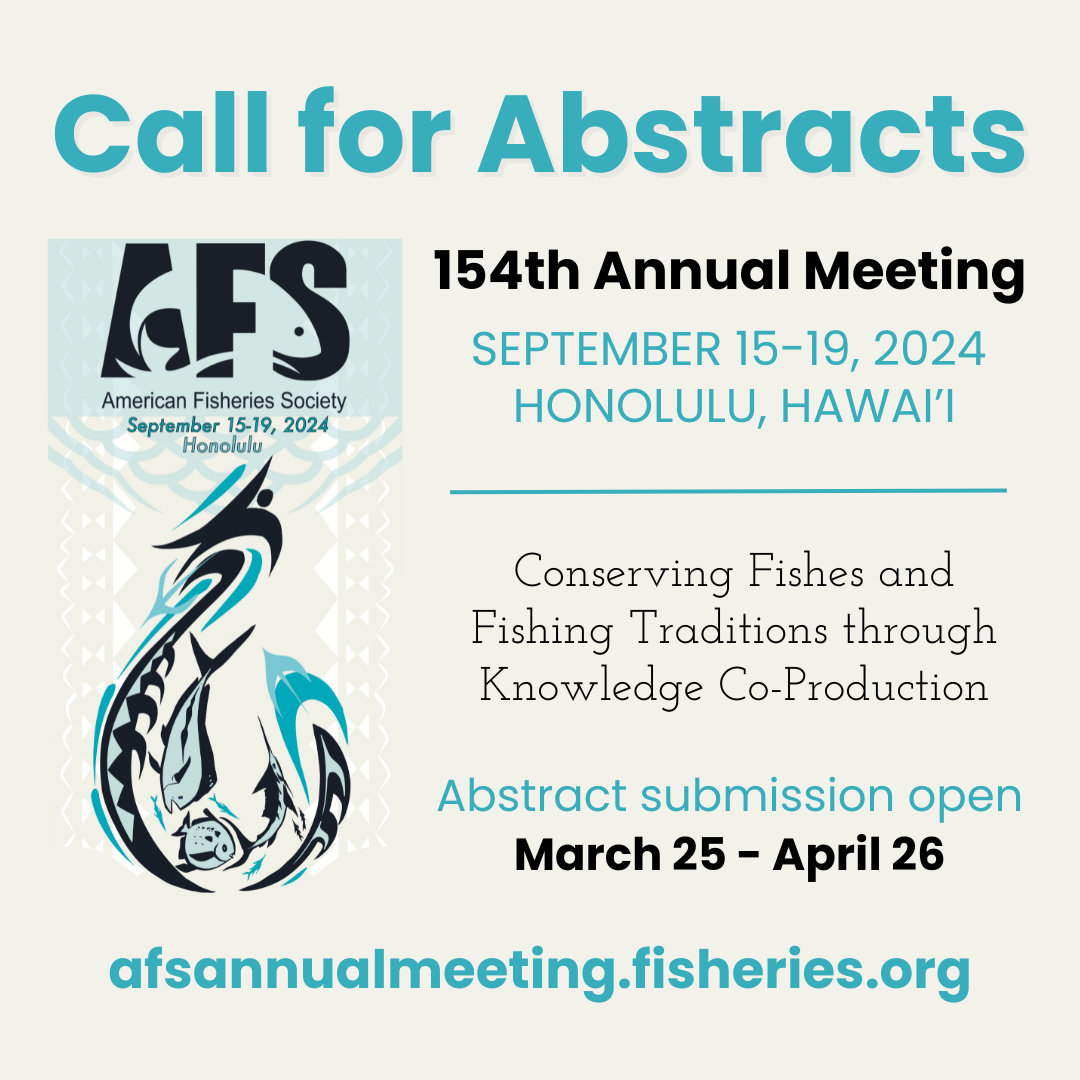Konstantine J. Rountos School of Marine and Atmospheric Sciences, SUNY Stony Brook, Discovery Hall, Room 165, Stony Brook, NY 11794-5000, and Institute for Ocean Conservation Science, School of Marine and Atmospheric Sciences, SUNY Stony Brook, Stony Brook, NY 11794-5000. E-mail: [email protected]
Michael G. Frisk School of Marine and Atmospheric Sciences, SUNY Stony Brook, Stony Brook, NY 11794-5000
Ellen K. Pikitch School of Marine and Atmospheric Sciences, SUNY Stony Brook, Stony Brook, NY 11794-5000, and Institute for Ocean Conservation Science, School of Marine and Atmospheric Sciences, SUNY Stony Brook, Stony Brook, NY 11794-5000
The mean trophic level of fisheries catch is commonly used to describe and assess temporal trends in fisheries. Though its value as an indicator to evaluate the relative health of fisheries in marine ecosystems has been hotly debated, the metric calculated is clear. We applied this indicator along with a relatively new indicator, the mean trophic level of predator consumption, to 40 Ecopath models around the world. Together, these measures were used to detect where fisheries and marine predators may be targeting similar trophic levels of prey. Globally, the mean trophic levels caught by all fisheries and finfish fisheries were similar to those consumed by marine mammals but significantly higher than those consumed by seabirds and large predatory fish. We found no significant differences between the median trophic levels targeted by forage fisheries and predators. These indicators can inform ecosystembased management, especially when information on predators and fishery interactions are limited or unavailable.
Click here for Spanish abstract.





